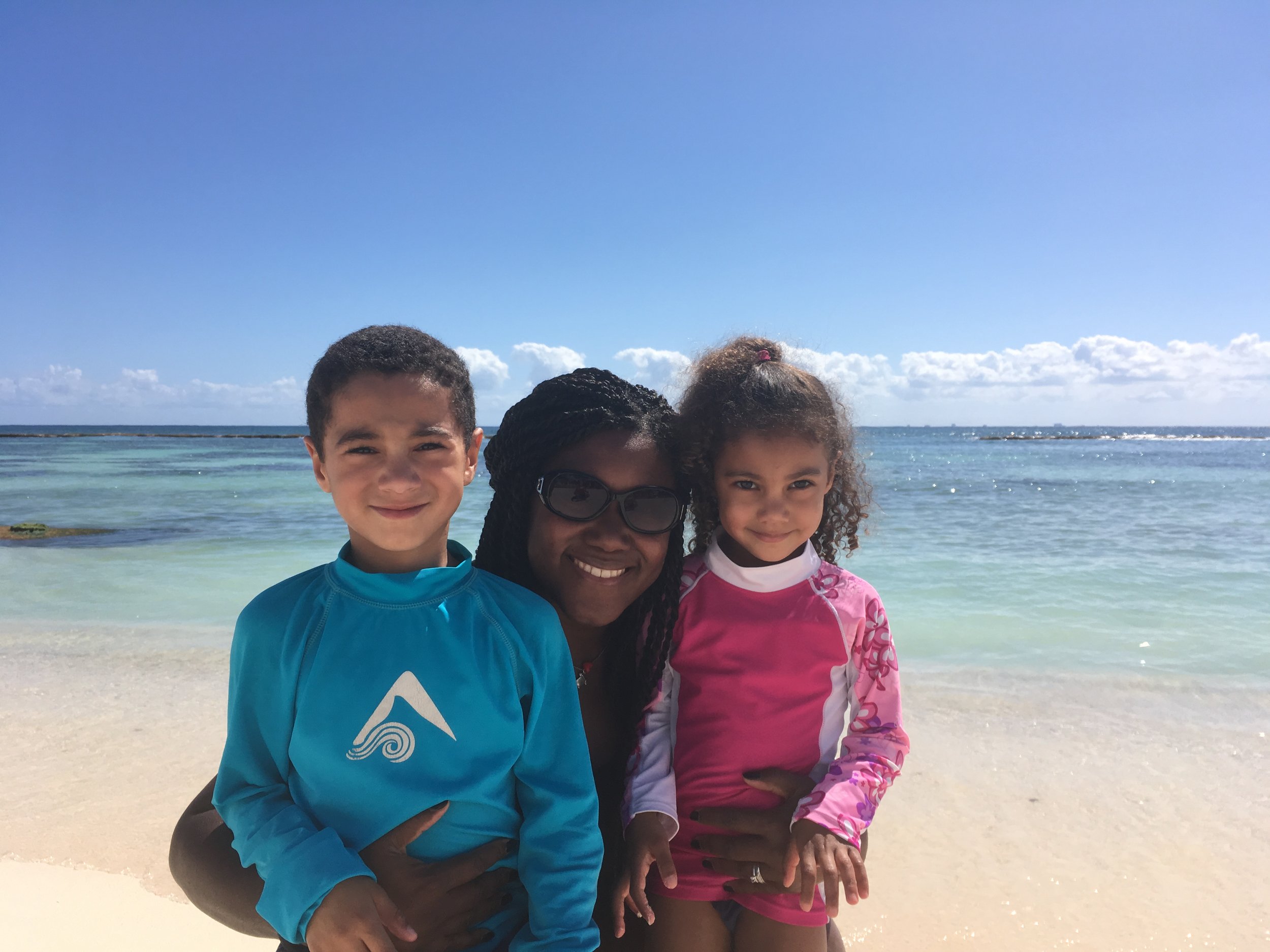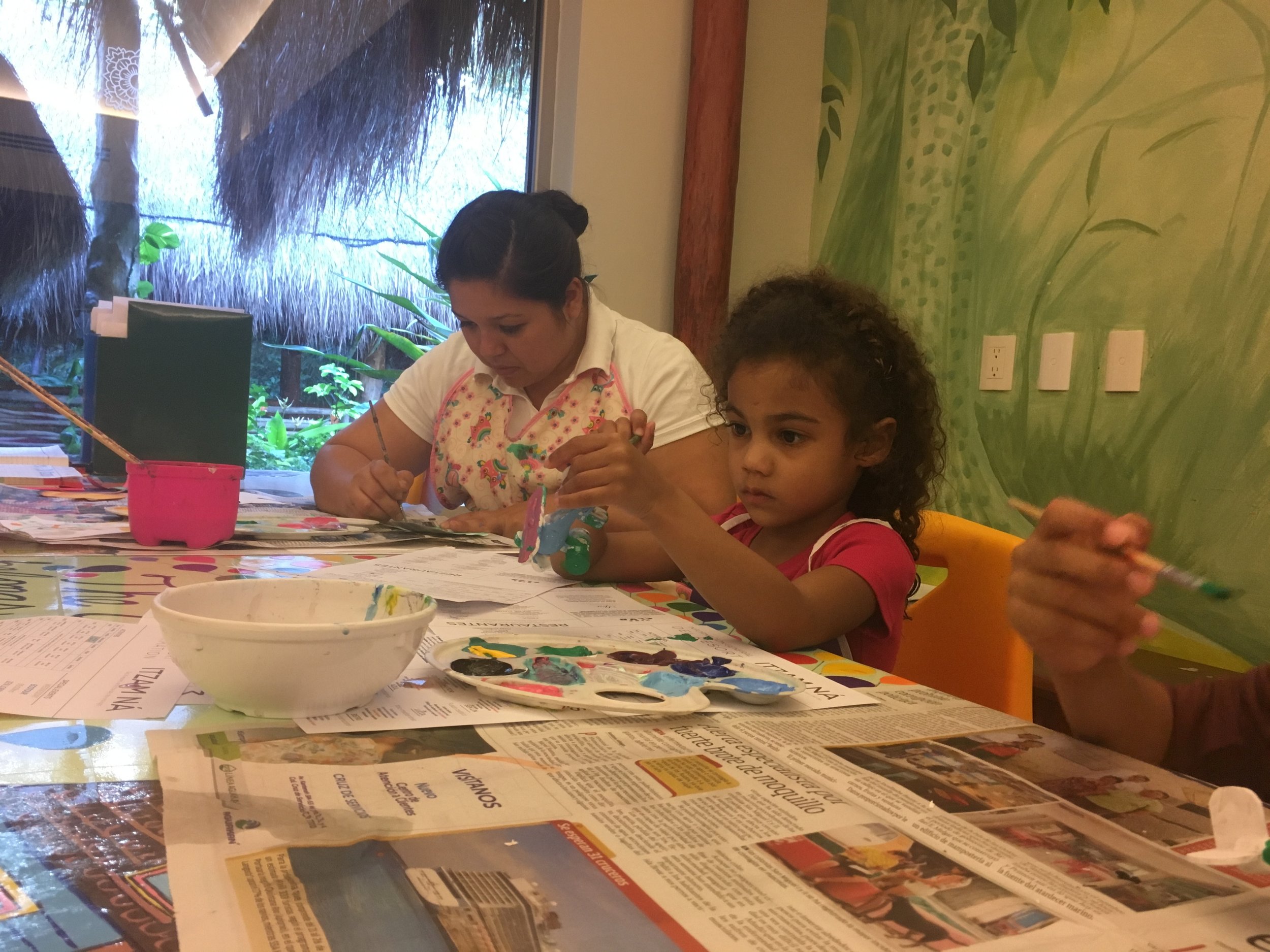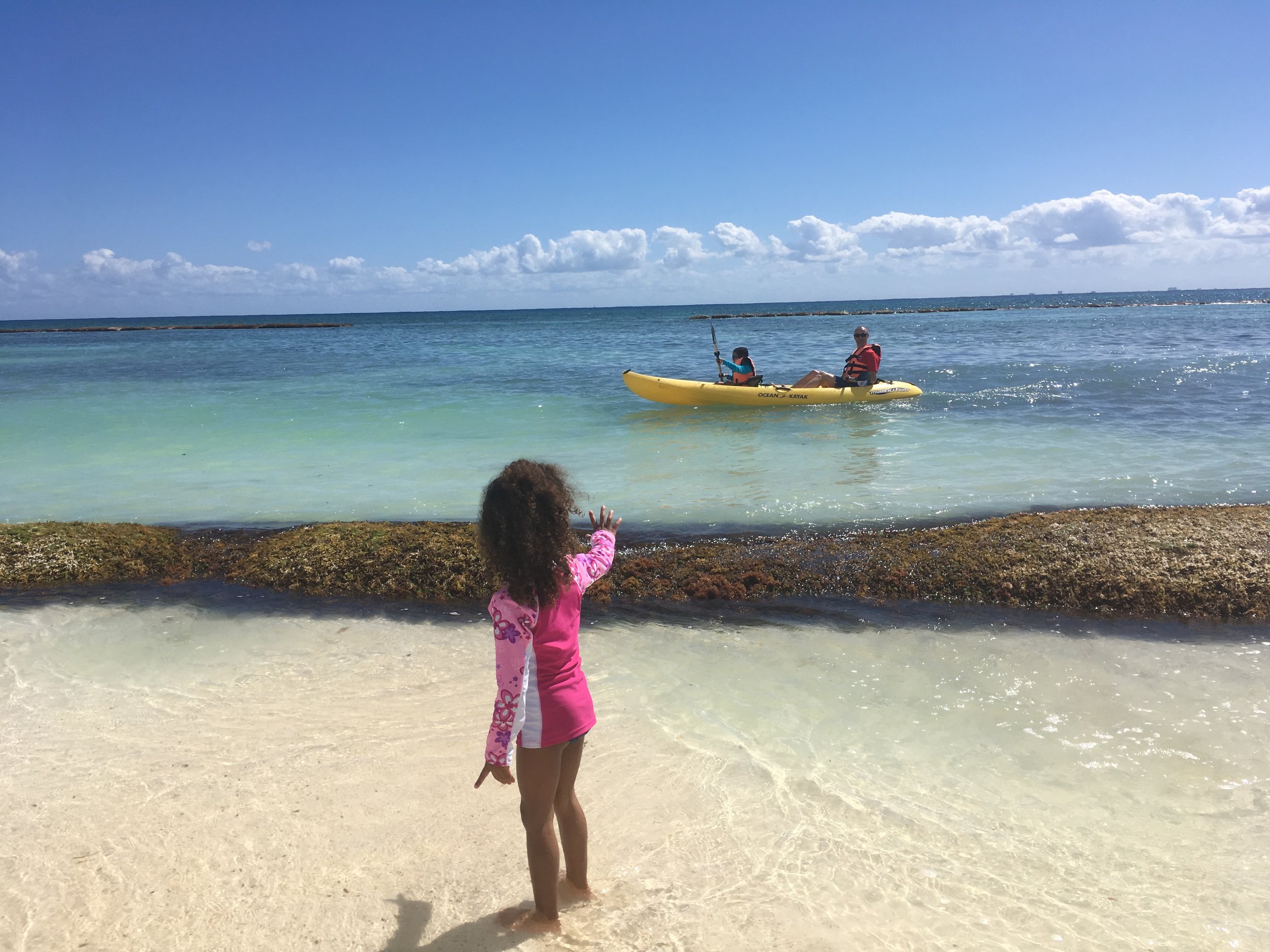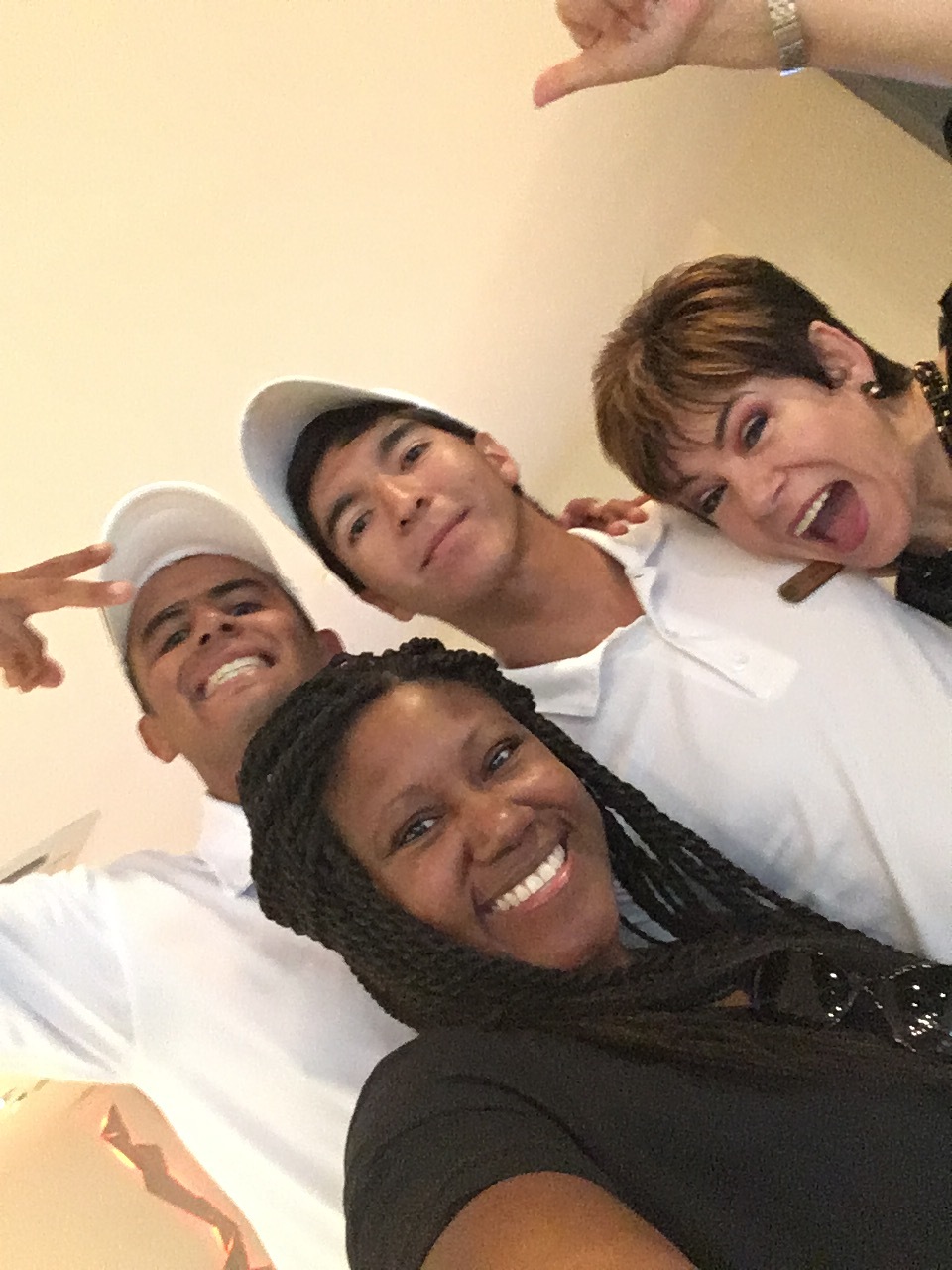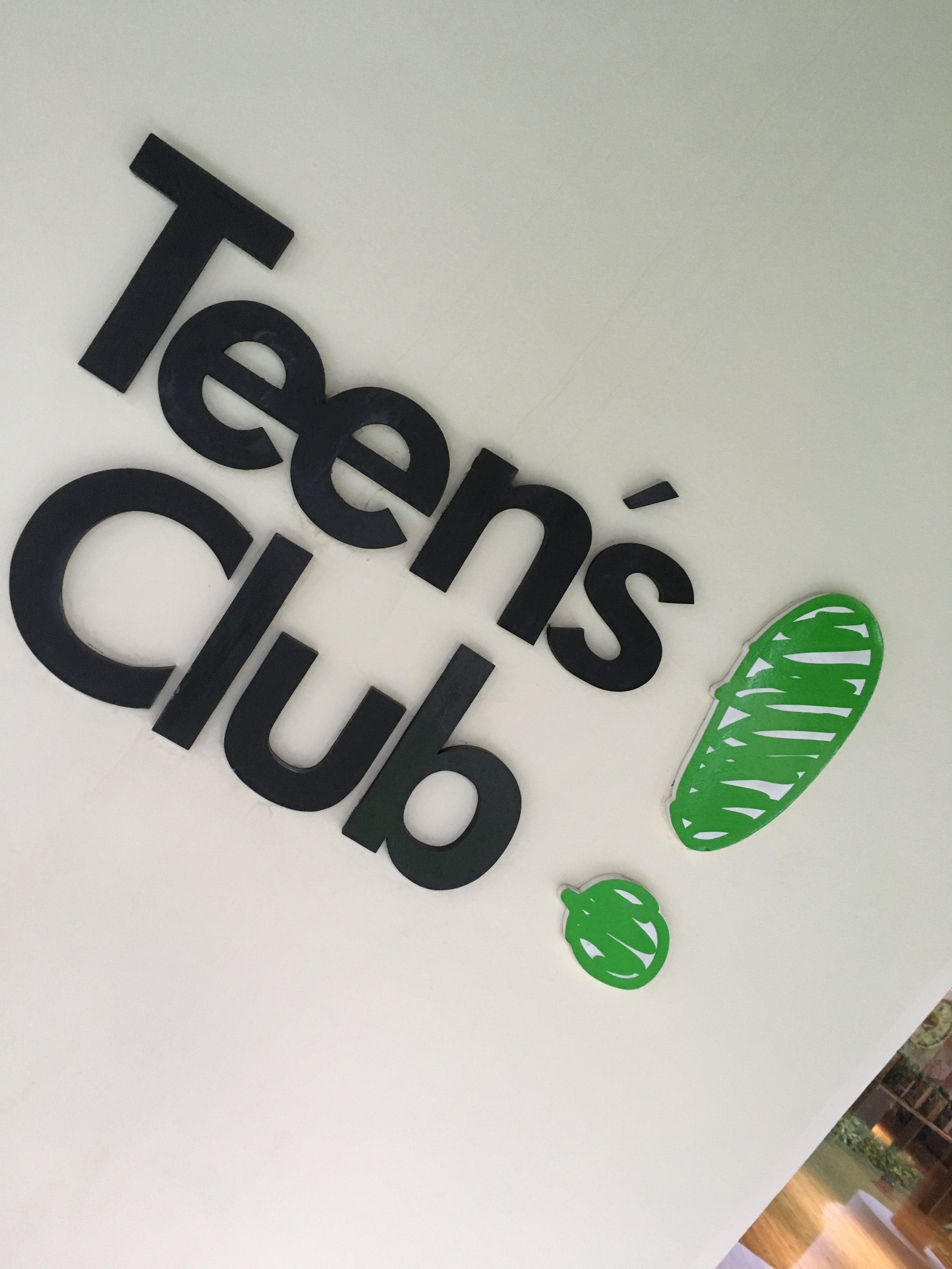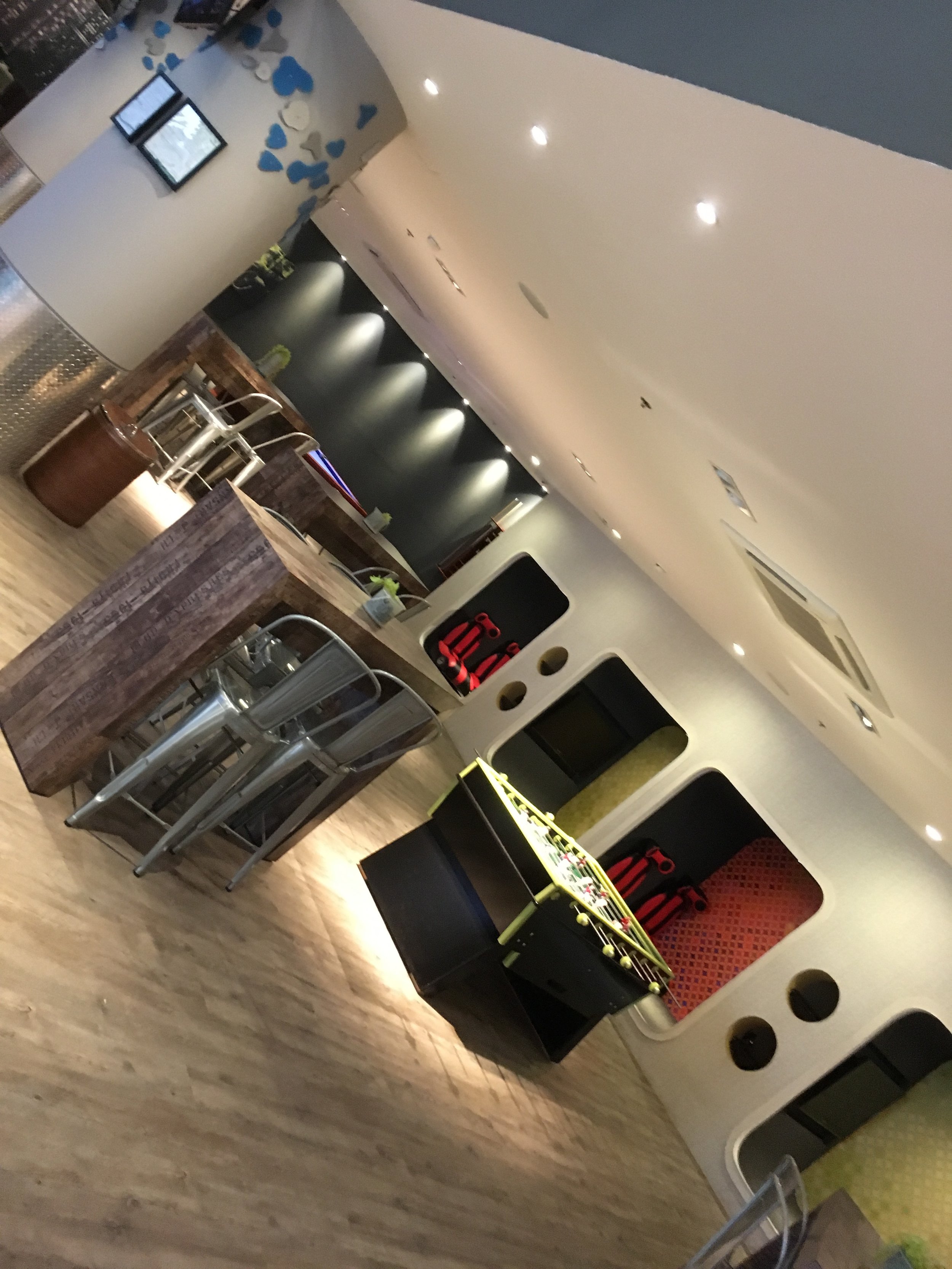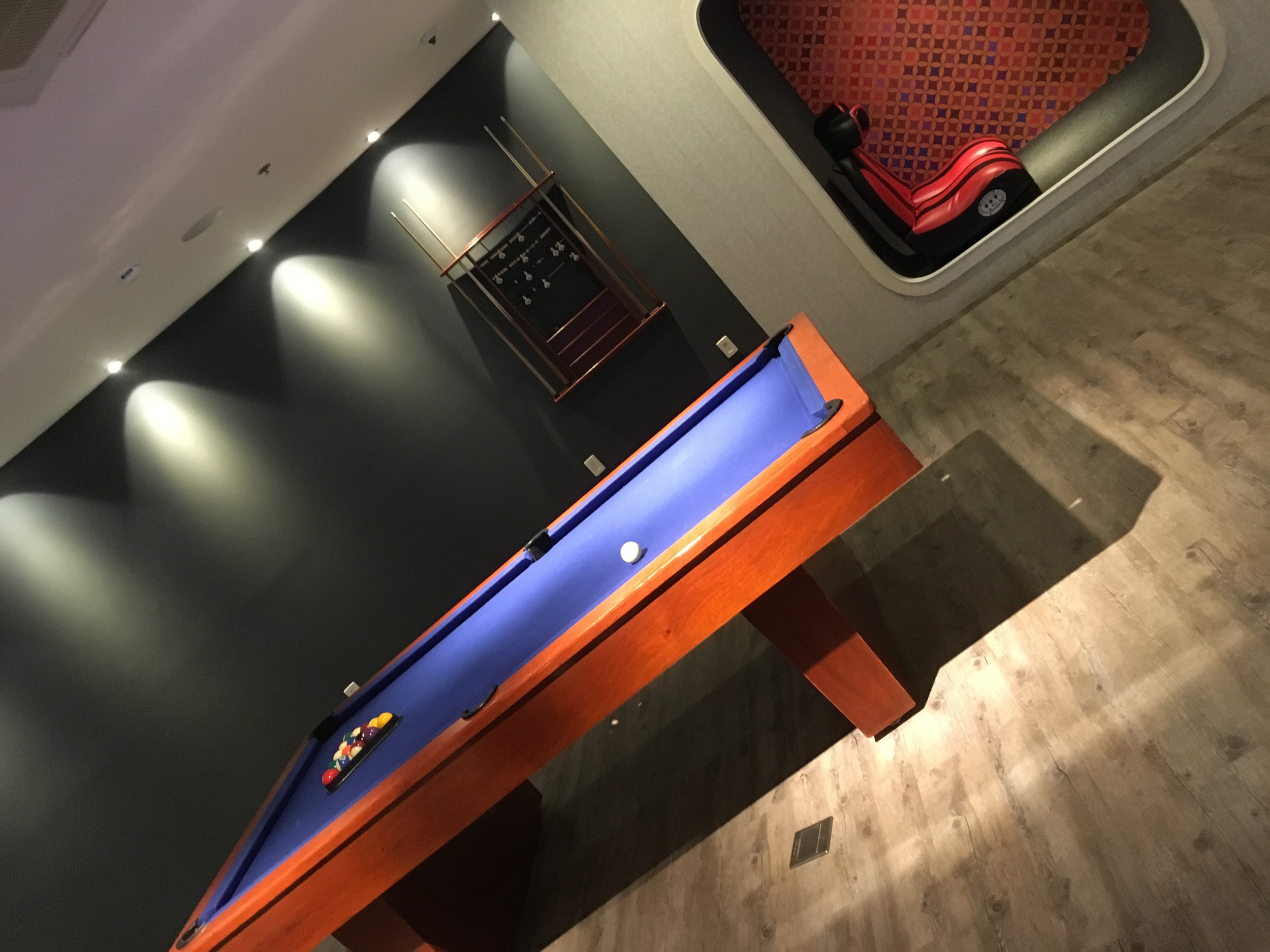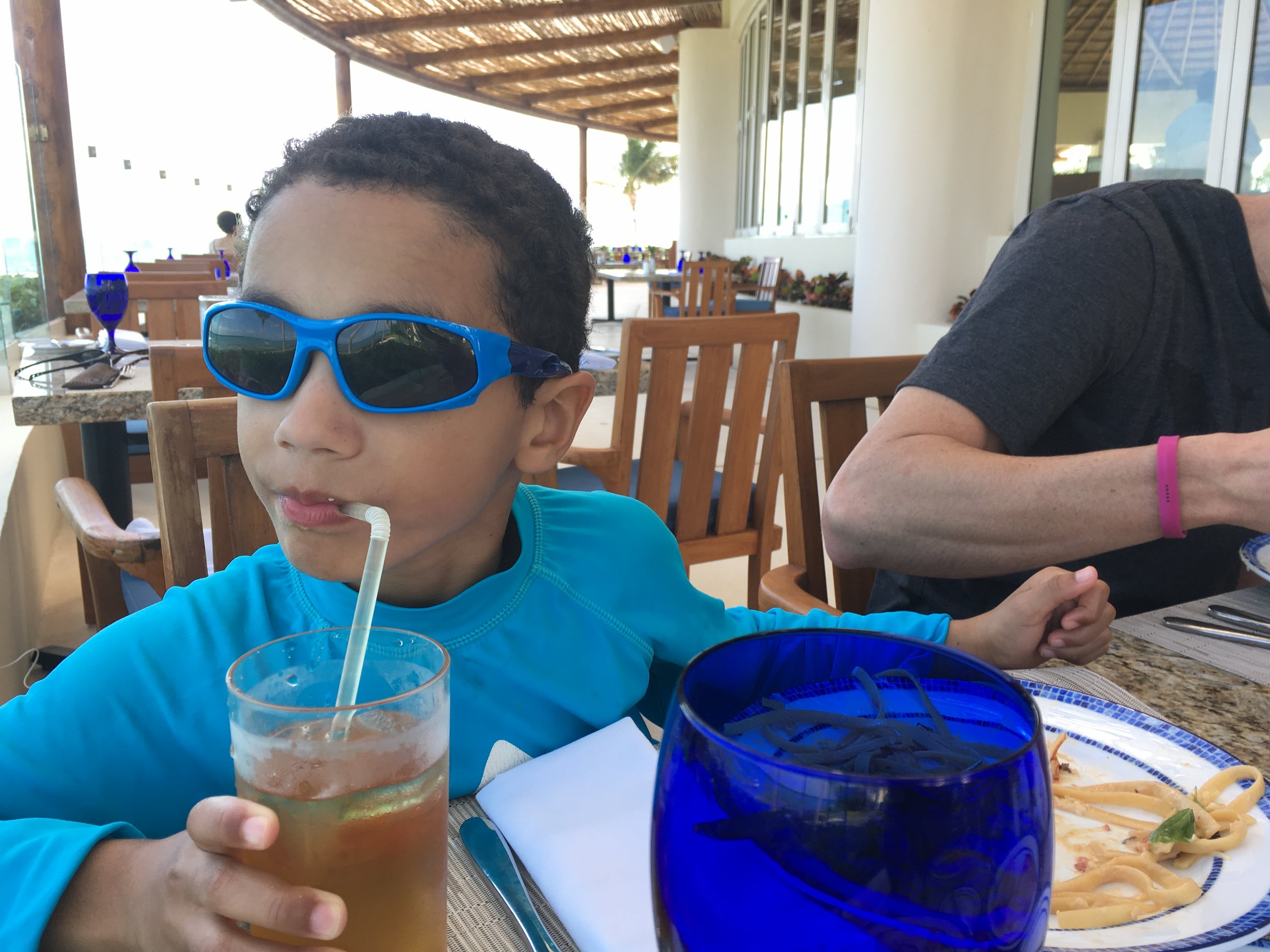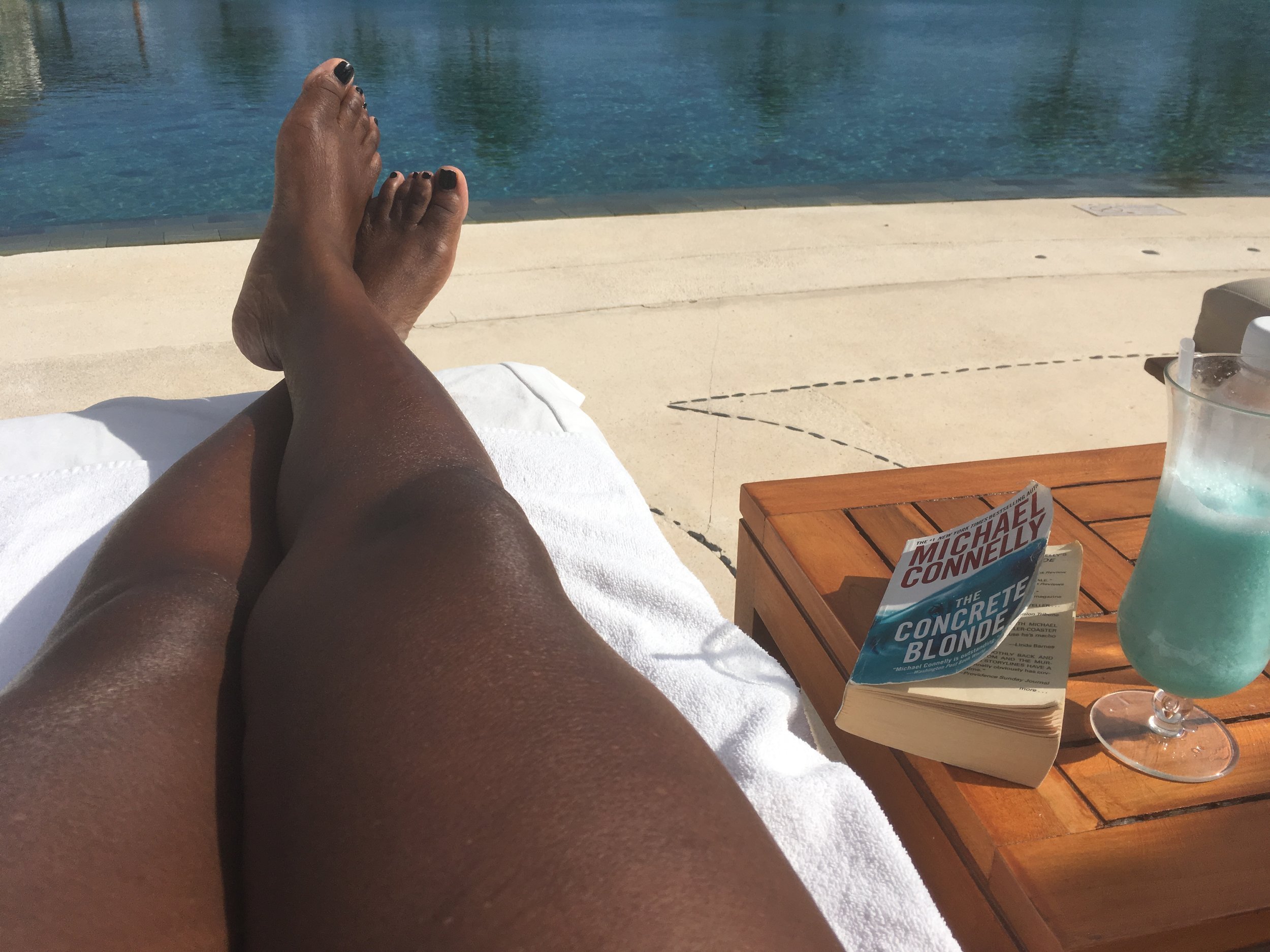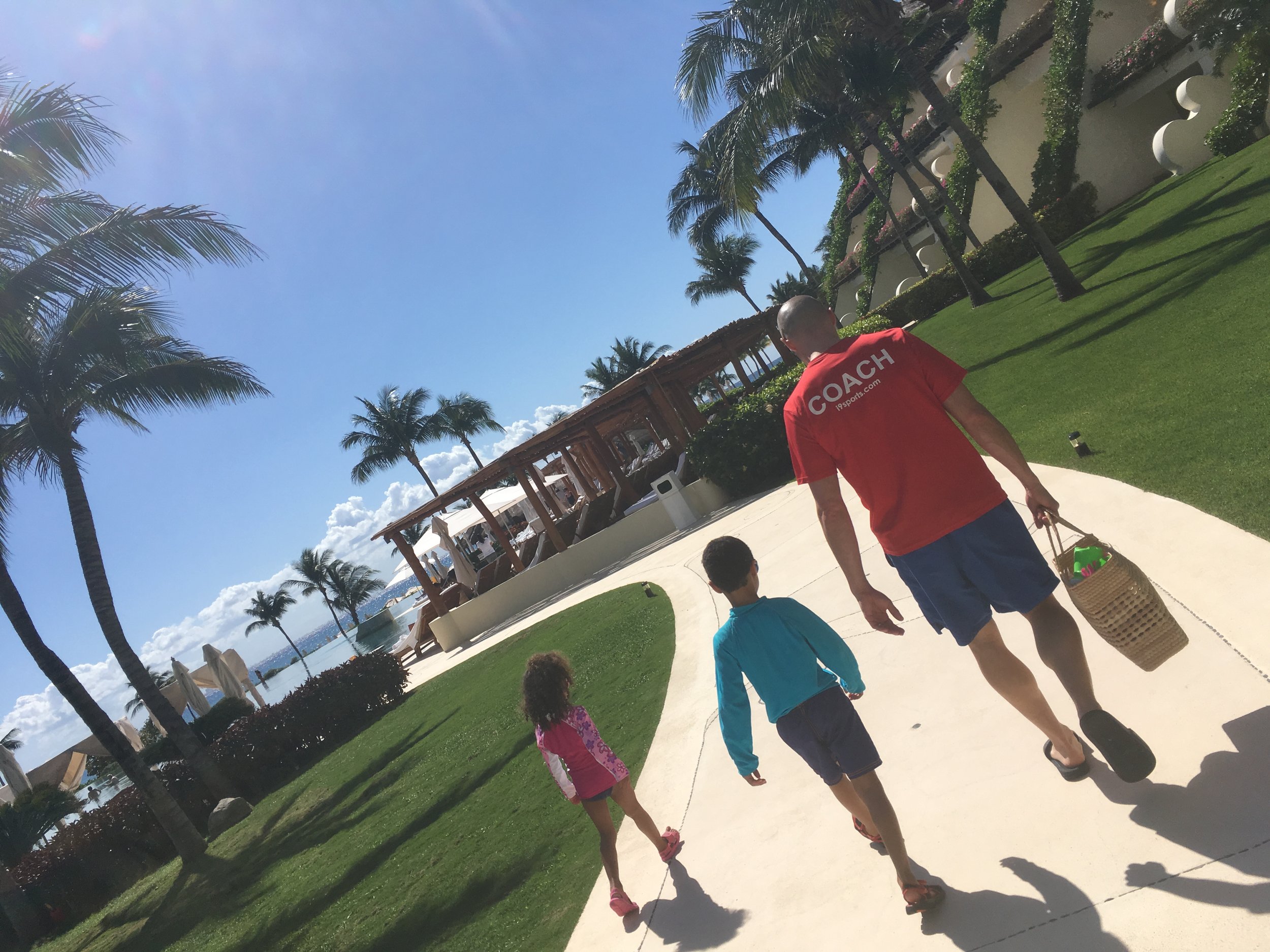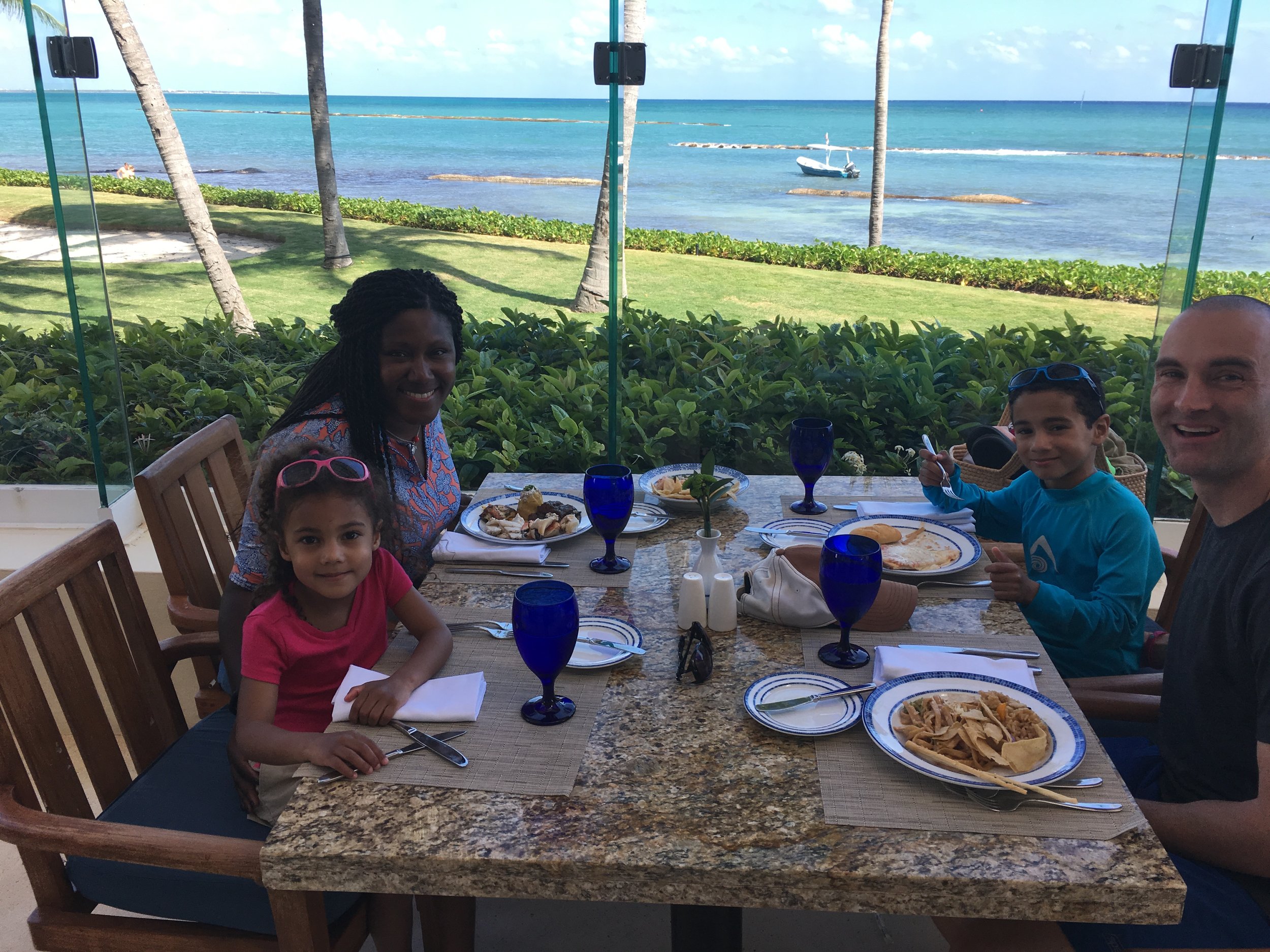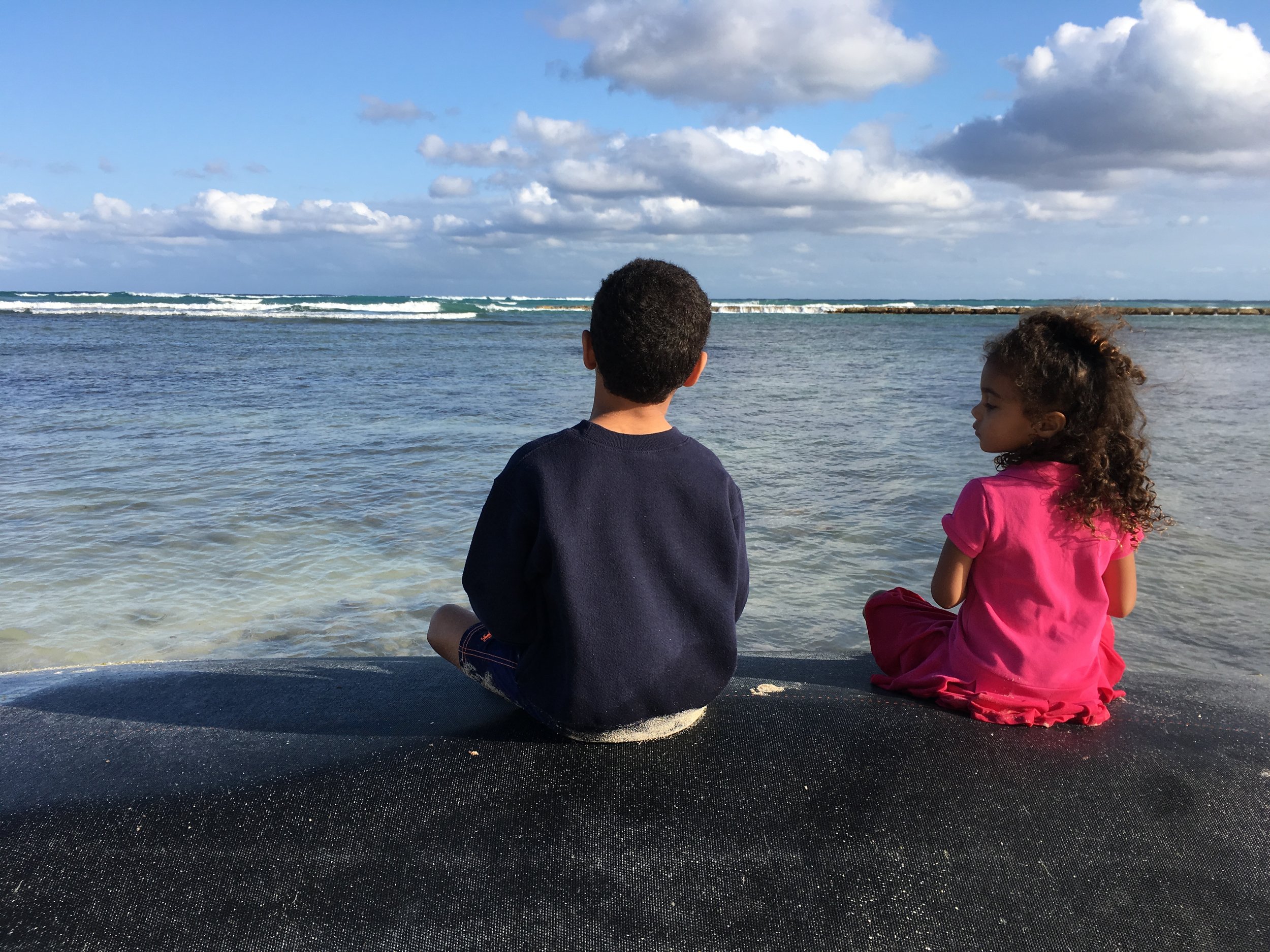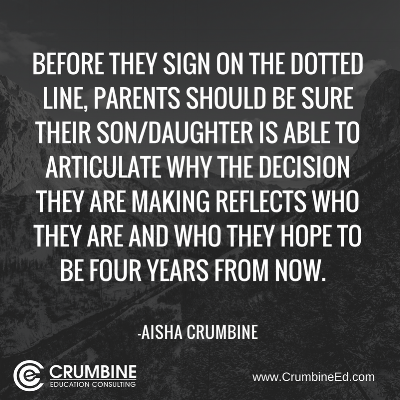Yesterday, I shared tips for how parents with younger kids could keep them engaged with school being out for several weeks. One of the parents on my email list sent me a few things she’s doing with her high school sophomore, and I thought, “Of course! There are productive things they can/should be doing as well.”
I know it’s way easier to just let them be, and that’s exactly what they’ll do if you don’t encourage otherwise. So why should you ask them to suspend their Netflix/FaceTime with friends binge sessions? Because for the first time since they’ve been in high school, they have significantly fewer competing priorities. There’s no sports practice, no drama practice, no party this weekend to compete with that productive thing they should be doing. For the first time in a long time, that actually have time.
But this won’t always be the case. One day, things are going to pick back up again. School will start back up. College applications will be due. Life will resume. And if they use even a fraction of this time for just one meaningful hour or two a day, they could create some new and improved habits or develop interests they can take back to school when it opens.
Talk about an opportunity for a reset–this is it.
So here are 5 things can your teen do beyond Netflix during this lockdown:
Plan their day.
I know. I know. Asking a teenager to plan anything is inviting an eyeroll. But listen, in just a few years, they are going to be out of your house, on their own, in college or somewhere, and one of the most important skills they’ll need is knowing how to manage their own time.
When school is in session, their time is blocked for them. Go to this class at this time, this practice at this time, this tutorial at this time, and then do homework. But when they go to college, they get to choose their schedule, and if they haven’t had any real practice with it, they’ll fumble around spewing tuition dollars all over the place until they figure it out. However, if they wake up each day over this 3-6 week hiatus and map out 3 things they want to do that day: one something physical, one something to nurture their curiosities, and maybe one something to get ahead, not only will they continue exercising their mental and physical “muscles,” they’ll also develop the skill of planning. Win. Win.
Nurture their curiosities.
Remember when you were a kid and you loved {insert thing you loved}. You could spend all day tinkering with that thing because you were fascinated by it. No one had to push you to do it. You just did because you were into it. Nurturing your curiosity was fun.
With the over-scheduling that’s rampant in high school all in the name of getting into a great college, we’ve taught them that what they are genuinely interested in comes in a distant second or third to busy-ness. Don’t get me wrong, college is important. You know what’s more important? Knowing what lights your fire, so you know what to study when you get there. Use this time to encourage your teen to find and fall in love with her interests again.
Ask them, “If your time was totally yours, and you got to decide how you’d spend it doing something you really enjoy, what would it be? What is something you’re curious about? If you were going to start a blog or podcast, what would it be about?” Whatever they say, resist the urge to judge or question. Just say, “Wow. That’s cool. Without all of the busy-ness of school, you could really dig into that?” With that, you’ve planted the seed, and all you’ll have to do from this day forward is ask, “What’d you figure out about {insert thing} today?” By asking about it, you’re sending the message that what interests them matters. And doing that deepens your connection and strengthens your relationship. Win. Win.
Let’s get physical.
I ran track all the way through college, so I assumed that when I graduated, I’d still do something. Wrong. I started teaching, and running/working out just weren’t a priority. When you have scheduled sports practice, a game schedule, and a time when all of your closest friends are in the gym, working out is easy. It’s a social event. But when there is no scheduled practice, no upcoming game, and no meet-up in the weight room, it’s harder to make yourself get up and work out.
In the same way planning the day is a skill that can become a useful habit, so is exercising. It doesn’t matter if that thing is taking a 30 minute walk, doing a yoga workout with an app, or shooting around in the driveway, doing something everyday builds the lifelong healthy habit.
Create some margin.
Teens are busier than ever these days, so finding time to do the other things like online driver’s ed, researching colleges and scholarships, or writing college essays some times don’t get their full or best attention. With a little less on their plates, they actually have time to get ahead, which will create a little margin for them when things get back to normal.
Can you imagine how much more sane a high school junior might be if he spent an hour a day researching college options, connecting with people who attend this school and that school to ask about their experience? Can you imagine how many scholarships one might find if they used Scholly to research possible scholarships? How much more sane and exciting would the summer be if they looked for summer opportunities that further nurtured their curiosities?
There are so many things that teens normally have to squeeze in that this break could give them the time and space they need to have more margin and more sanity down the line.
Reflect on the day.
One of the things many adults struggle with is taking time to stop and reflect. We are so busy doing, that being still and celebrating our progress and being grateful for our wins and our learnings (not losses), that we just feel burdened and burned out.
If that’s not the life we want our children to inherit, we have this unique opportunity to teach and model something different. You don’t have a late night work dinner. You don’t have to hop on a plane for business. You don’t have lesson plans to write or papers to grade. What you do have is time.
Turn off the phones, connect and reflect. Have family dinner. Sit down on the couch and ask them about their day. Ask questions. What did you do for exercise today? How many shots did you make? What app did you use for yoga? What did you learn about {insert curiosity}? Is that how you thought that worked? Find any summer things you’re interested in?
By asking questions, you let them know you’re interested, that sharing is important, and you’re helping them reflect on their own process. Not only is this good for them, this is also parent/child relationship-building gold.
Yes, the Coronavirus is wreaking havoc, but in some weird way, it’s given you a gift–the opportunity to help your teen reset and focus on the skills, habits and behavior that will last her a lifetime.












